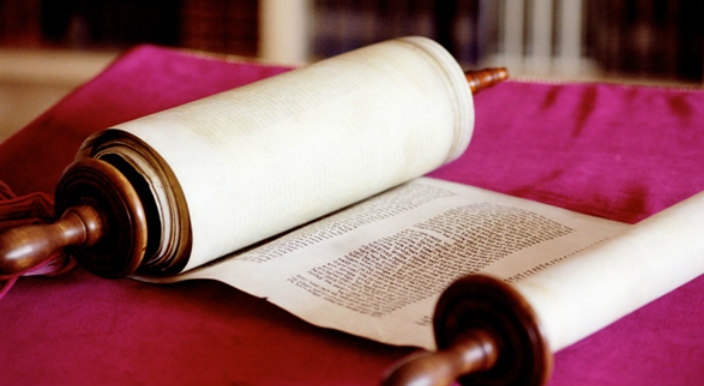
“Maybe don’t wear that necklace on the plane.” “If people ask, maybe don’t tell them you’re Jewish.” “Be careful who you trust.” Traveling throughout my life, I was taught that being Jewish was something that not everyone in the world or country may like to know about me. While passionate and engaged Jews in our own community, I came to know the realities of being Jewish in this world. I have learned that it’s not that people would not like me, it’s that they knew little to nothing about Jews and Judaism, and what they did know, may not always have been positive or correct.
To say we as a people have a PR problem may be the understatement of the century. We are familiar with anti-Semitism, its recent rise over the past few years, and the horridness of its impact on whole communities and each of us as individuals. We are aware of anti-Semitism and what happens when it goes unchecked throughout history: pogroms, the Holocaust, blood libels, and so many other instances of violence. We are also aware that these events in history and stories throughout the TaNaKh usually begin with someone looking at the Jewish people through a certain perspective. This is where the public relations problem comes in.
In our Exodus story, Pharoah sees the Israelites as a threat. In learning and teaching about the Holocaust, it is clear that the Jewish people were seen and then made to be seen as a threat. Call it public relations. Call it propaganda. Call it libel. Violence and discrimination begin with one group looking at another and saying- You are a problem, you are less than us, you are less than human in our eyes. This familiar and unfortunate sequence of events is exactly what occurs in our Torah portion this week.
This week’s parashah, Balak, tells the story of Balak and Balaam in Moab. Balak, the king of Moab, worries that the Israelites have become too numerous, that they may become too powerful in the future. He decides to call upon Balaam, one of the Moabite prophets, to take action. Balak asks him to curse the Israelites. They dispute about this and then Balaam goes on his way to proceed to curse the people. On his journey, God sends an angel to the Moabite prophet. Balaam, a non-Jewish prophet, not only encounters this angel of God, but also speaks to our God. Balaam hears a message and turns back from his mission. He no longer wishes to curse the Israelites. In fact, he wishes to show Balak the goodness in the Jewish people and the Jewish God.
Unlike so many of these tales throughout history and the Torah, this one does not end in violence, plague, or any sort of curse. Rather the story comes to a powerful moment, when Balaam attempts to explain the Jewish God to Balak. He tries to justify his unwillingness to curse the people. He even stands above the camp of the Israelites and proclaims- “Mah tovu ohalecha Yaakov mishk’notecha Yisrael! How fair are your tents, O Jacob, your dwellings, O Israel.”
These words may sound familiar, because they are how we often begin our morning prayers. Mah tovu, to me, has always been a prayer of gratitude and awe. It is a prayer that asks us to stop, pause, and really look around, to be fully mindful of the tents and peoples around us. Mah tovu is a song to look into our own community and see the beauty in the open tent that we have created. Yet, the roots of this opening line are not from someone looking within, but rather from the perspective of an outsider.
So often, we are stricken with fear of an outsider who may not understand who we are. This story teaches that an outsider can see and understand while still being distinct and different. Balaam was not part of the tent, but he still was filled with awe in his understanding of the Jewish people and faith.
I do wonder how often we, too, are outsiders. How often are there people, belief systems, or neighborhoods, that we do not look at with awe. Rather, we avoid certain areas of our communities, we only spark conversation with those that look like us and socialize with people with whom we have familiarity. While it is ok to do these things, what would it feel like to stand like Balaam, and say Mah Tovu- how fair is this place? It is not mine and still feels foreign, but Mah Tovu, what goodness is here.
The narrative of wishing a curse upon a people who are different or present a challenge is a common one. This parashah invites us to take a different approach, one not of fear, ignorance, or threat, but rather one of inclusion, defiance, and wonder. How can each of us be more like Balaam in our travels and in our own communities?
Related Posts

Parashat Yom Rishon shel Rosh HaShanah

Cultivating a Culture of Accountability and Belonging

